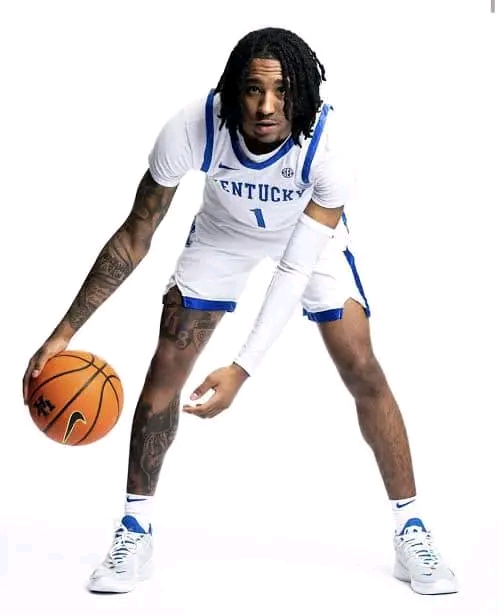HUSH DEAL: RUMORS SWIRL OF SECRET NIL CONTRACT FOR 5-STAR KENTUCKY FRESHMAN — COULD THIS SILENT AGREEMENT COME BACK TO HAUNT THE WILDCATS?
College athletics continues to be transformed by the rise of Name, Image, and Likeness (NIL) agreements, and nowhere is the debate more heated than in Lexington, Kentucky. Recent rumors suggest that a hush-hush NIL deal may have been struck between a 5-star Kentucky freshman and a private sponsor, raising questions about transparency, compliance, and the future of the Wildcats’ program.
While nothing has been confirmed, insiders whisper of a silent agreement reportedly worth seven figures, a deal allegedly brokered outside the usual channels of disclosure. If true, this development highlights not just the shifting landscape of college sports but also the high-stakes battle schools face in keeping pace with competitors in the recruiting wars. For Kentucky, a basketball powerhouse with a storied tradition and growing football ambitions, these whispers could either cement its competitive edge or expose the program to NCAA scrutiny.
The NCAA has already begun tightening its oversight of NIL collectives and boosters, signaling a more aggressive stance against deals that violate compliance standards. If Kentucky’s rumored arrangement bypasses required reporting structures, the Wildcats could be facing potential sanctions that might overshadow any short-term gains from landing a 5-star star talent.
But beyond compliance, there’s the issue of perception. NIL was designed to empower athletes fairly and transparently, giving them the chance to benefit from their personal brand. Secretive, under-the-table deals risk eroding public trust in the system and fueling critics who believe NIL has become a cover for unchecked recruiting inducements. For Kentucky, a program that thrives in the national spotlight, any stain on credibility could be more damaging than the financial fallout.
As the NIL era evolves, schools, sponsors, and athletes are being forced to navigate a fine line between opportunity and overreach. Whether or not this rumored hush deal is real, one thing is certain: in the world of college athletics today, silence is rarely golden—it’s often dangerous.


